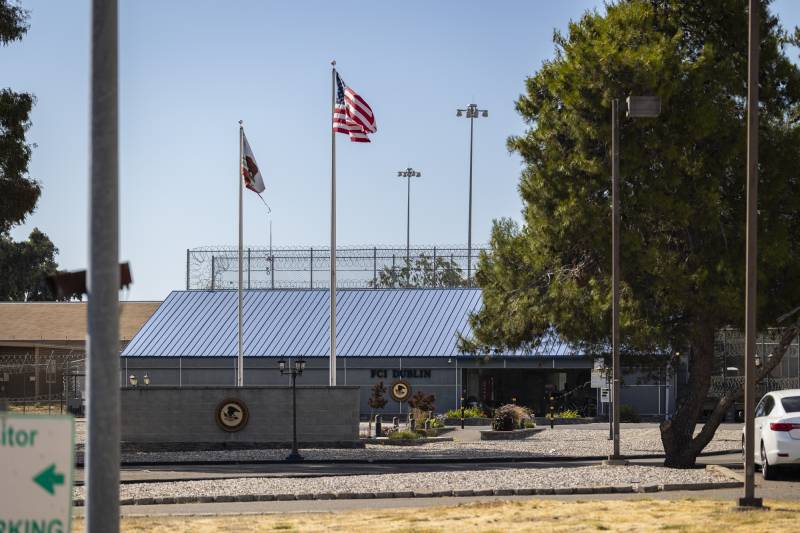“Whether it requires the massive relief you’re asking for is highly doubtful,” Gonzalez Rogers told attorneys for the plaintiffs after the hearing on Tuesday. She ordered both sides to submit briefs within the next few weeks and said she would decide after reviewing them whether to require any additional changes at the prison.
The hearing is the latest step in a broader potential class-action lawsuit filed in August 2023 on behalf of eight women currently incarcerated at the East Bay prison.
That lawsuit alleges that the Federal Bureau of Prisons (BOP) has been aware of the problems at FCI Dublin — which has become known as the “rape club” — for decades and that the issues there are systemic, not just the fault of some “bad apples,” as government attorneys have argued. In addition to third-party oversight of the prison — known as appointing a “special master” — plaintiffs’ attorneys are also demanding a jury trial and damages for emotional and physical abuse.
In recent years, about 45 inmates at the roughly 700-person women’s prison have filed charges of sexual misconduct, and at least seven correctional staff have already been convicted or pleaded guilty of abuse, including its former warden and chaplain in 2022.
That’s left the culture of the prison “in shambles,” as Patrick Deveney, the new associate warden, put it. Trust at the facility has completely eroded, according to multiple staff members and incarcerated women who testified at the recent court hearing.
“I saw a group of staff that were reeling from what had transpired. Staff felt hurt, angry, confused, completely failed by the previous administration,” Alison Mulcahy, the prison’s chief psychologist, said in court this week. “Individuals in our custody survived a lot of horrific things. There was a lot of mistrust and distrust. It was very adversarial.”
But several of the nine prison employees who testified at the hearing said things are improving. The new administration said they have made it easier to report abuse, including setting up a new legal phone line that incarcerated women can use to contact lawyers more easily.
Even so, multiple women currently incarcerated at the prison testified that they have experienced ongoing retaliation from officers when they report abuse and said they have avoided reporting various instances of misconduct, fearing repercussions, like losing access to the commissary, jobs and phone or visitor time.
